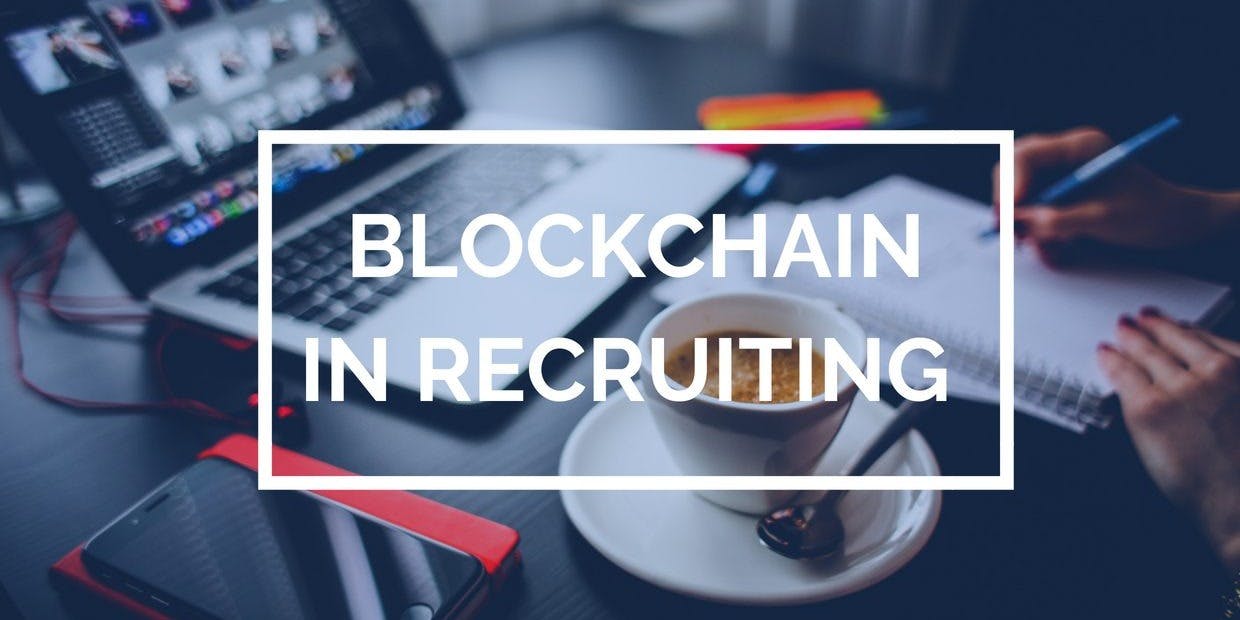371 reads
Blockchain Technology's Role in Recruitment
by
August 13th, 2019
We’re an Indian IT Outsourcing company focused on only one thing-offshore software development
About Author
We’re an Indian IT Outsourcing company focused on only one thing-offshore software development
